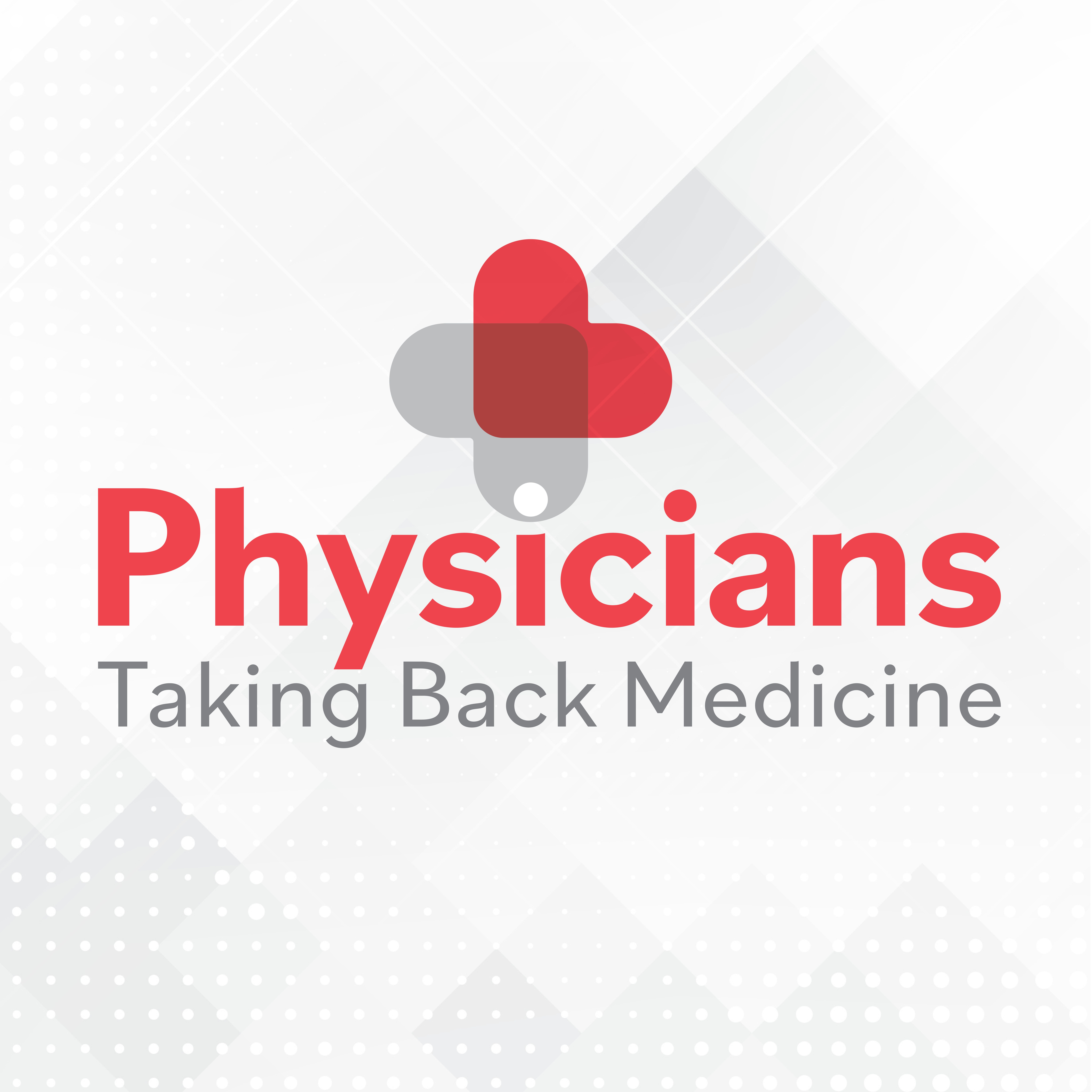Article
Financial Beat
Autos, Air Travel, Banking, Bill-Paying
Financial Beat
By Yvonne Chilik Wollenberg
Autos: What to buy when safety's paramount
The safest cars aren't always the heaviest or biggest. The 2001 models offering the best accident protection are the Honda Civic, Lincoln LS, Volkswagen Passat, and Volvo S80, reports Insure.com.
The online insurance information service considered only passenger vehicles that offer side air bags as standard or optional equipment. The winners also earned five-star ratings on front crash tests and four or five stars on side crash tests conducted by the National Highway Traffic Safety Administration. In addition, the safest models earned a "best pick" rating from the Insurance Institute for Highway Safety.
Bill-Paying: Bypassing the US mail
Sick of rounding up statements, writing checks, and running out for stamps every month? Consider paying bills online. You can go to each creditor's Web site, or you can pay a little extra for an e-bill service. You change your billing address to that of the service, which then pays your bill online if the creditor accepts electronic funds transfers, or mails a paper check if it doesn't. The service makes electronic deductions from any account you authorize, notifies you by e-mail that the payment has been made, and records the transaction in a log you can access online.
Paytrust (www.paytrust.com ) charges $12.95 a month for up to 30 transactions, piggybills (www.piggybills.com) offers a similar service for $8.95 a month for up to 25 bills, and CheckFree's WebPay (www.checkfree.com ) costs $12.95 a month for up to 35 payments. Many online banking services also offer e-bill payments. Wells Fargo (www.wellsfargo.com ), for example, pays bills without charge if you maintain a $5,000 balance in your accounts; otherwise, the service costs $6.95 a month for up to 25 payments.
Air Travel: Get used to fewer amenities
At the same time that security checks are causing longer waits at the airport, airlines are closing members-only clubs that offered well-heeled passengers a place to relax.
The following airlines have shuttered clubs to cut costs in the wake of the Sept. 11 disaster:
American AirlinesCleveland, Detroit, Honolulu, Houston, Nashville, and Phoenix.
Delta Air LinesBirmingham, Detroit, Houston, Memphis, Minneapolis/St. Paul, and Montreal.
United AirlinesCleveland, Atlanta, Indianapolis, O'Hare Airport (B, North Concourse) in Chicago, and San Francisco (North Terminal Mezzanine).
US AirwaysCleveland and Newark.
Adding to travelers' woes, some airlines, including American, Delta, and US Airways, are cutting back on inflight meal service.
Banking: Where to go for a cheaper alternative
You can save an average of $127 a year in bank fees by switching your checking account to a credit union, according to a national survey by the US Public Interest Research Group. The average annual cost of a regular checking account is $228 at a bank, but only $101 at a credit union, the survey found. You also have a better chance of getting a free checking account at a credit union; only 29 percent of the banks surveyed offer no-cost checking, while 67 percent of the credit unions do.
You might be eligible to join a credit union in your community through a religious organization or at a family member's workplace. Some credit unions allow extended family members to join, as well as spouses and children. Look in the Yellow Pages, contact the Credit Union National Association (800-358-5710), or check its online database at www.cuna.org .
The author is a freelance writer in Teaneck, NJ.
Yvonne Wollenberg. Financial Beat. Medical Economics 2001;24:8.





